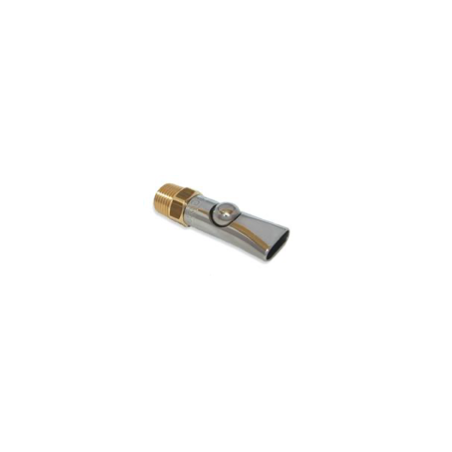Belly, lean from the shoulder and backfat obtained from 80 pigs, fed either no or 1.6 kg tuna oil during fattening (35–90 kg body weight), were used to prepare bacon, Chinese-style sausage and Vienna-style sausage. The tuna oil had been supplemented either initially, at the end, or continuously during fattening.
In all meat products, tuna oil supplementation clearly increased contents of n-3 fatty acids (FA), especially of the long-chain n-3 FA. Differences among supplementation periods were pronounced only in the n-3 FA proportion of total FA being lower with early tuna oil feeding. Thiobarbituric acid value, which was high in dry Chinese-style sausage, was mostly enhanced by tuna oil, whereas the period of tuna oil supplementation had no systematic influence.

In conclusion, any mode of tuna oil supplementation investigated was efficient in enriching n-3 FA, but care should be taken in producing dry sausages due to their susceptibility to rancidity during storage time.
Khiaosa-ard R., Chungsiriwat P., Chommanart N., Kreuzer M. and Jaturasitha S. 2011. Enrichment with n-3 fatty acid by tuna oil feeding of pigs: changes in composition and properties of bacon and different sausages as affected by the supplementation period. Can. J. Anim. Sci. 91: 87?95.




